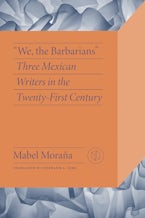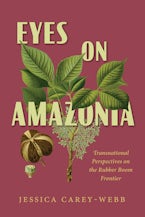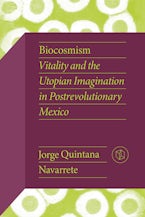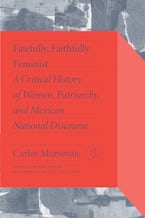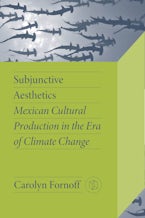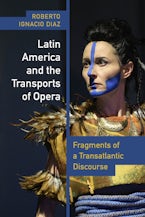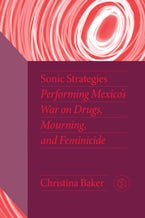- Home
- Sowing Change
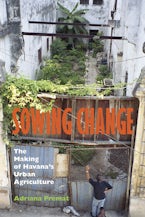
Sowing Change
The Making of Havana's Urban Agriculture
Following the dissolution of the Soviet bloc, Cuba found itself struggling to find its place in a new geopolitical context, while dealing with an unprecedented agricultural and food crisis that experts feel foreshadows the future of many countries across the globe. Sowing Change traces the evolution of the officially endorsed urban agriculture movement in the capital city of Havana, considering its political significance for the Cuban government and its import for transnational actors in the field of sustainable development. But the analysis does not stop at official understandings and representations of this movement. Rather, it brings into focus the perspectives of small-scale urban farmers--real men and women who live at the conceptual margins of the Cuban economy and struggle to balance personal needs and dreams with political ideals and government expectations, in a context where those very ideals and expectations continually shift. Sowing Change is a timely reflection on the changing agricultural, urban, and power landscapes of post-Soviet Cuba that, finally, queries common presumptions about this socialist nation and its now famous urban agriculture experience.
Adriana Premat is Associate Professor of Anthropology at the University of Western Ontario.
"With this wonderful study, based on more than a decade of in-depth fieldwork, Adriana Premat highlights and analyzes a transformative moment in Cuban agriculture. In this beautifully-written book, Premat takes us inside Havana's urban agriculture movement showing its linkages with the economic crisis and the societal changes that followed the fall of the Soviet Union. Premat's insightful work captures the many contradictions of this movement as the line between the city and the countryside was increasingly redefined by the growth of farming and animal husbandry in the heart of Havana. She assesses the impact of policy making from above and the involvement of foreign aid workers from outside, all the while bringing the reader into the homes, orchards, gardens, chicken coops, pig pens and local meeting halls of the urban farmers as they tested models of cooperation and socialism that were often in contradiction with the dollarization of the economy and the Cuban state's efforts to attract foreign investment."
--Judith Adler Hellman, York University, author of The World of Mexican Migrants
"This is an outstanding book. ... A methodological model in its use of a specific issue, urban agriculture, to provide rich insight into state/citizen/global relationships in contemporary Cuba. The author's clear, unpretentious writing makes such insight accessible to readers ranging from undergraduate students to academic and policy specialists."
--Richard Tardanico, Florida International University, coeditor of Poverty or Development

